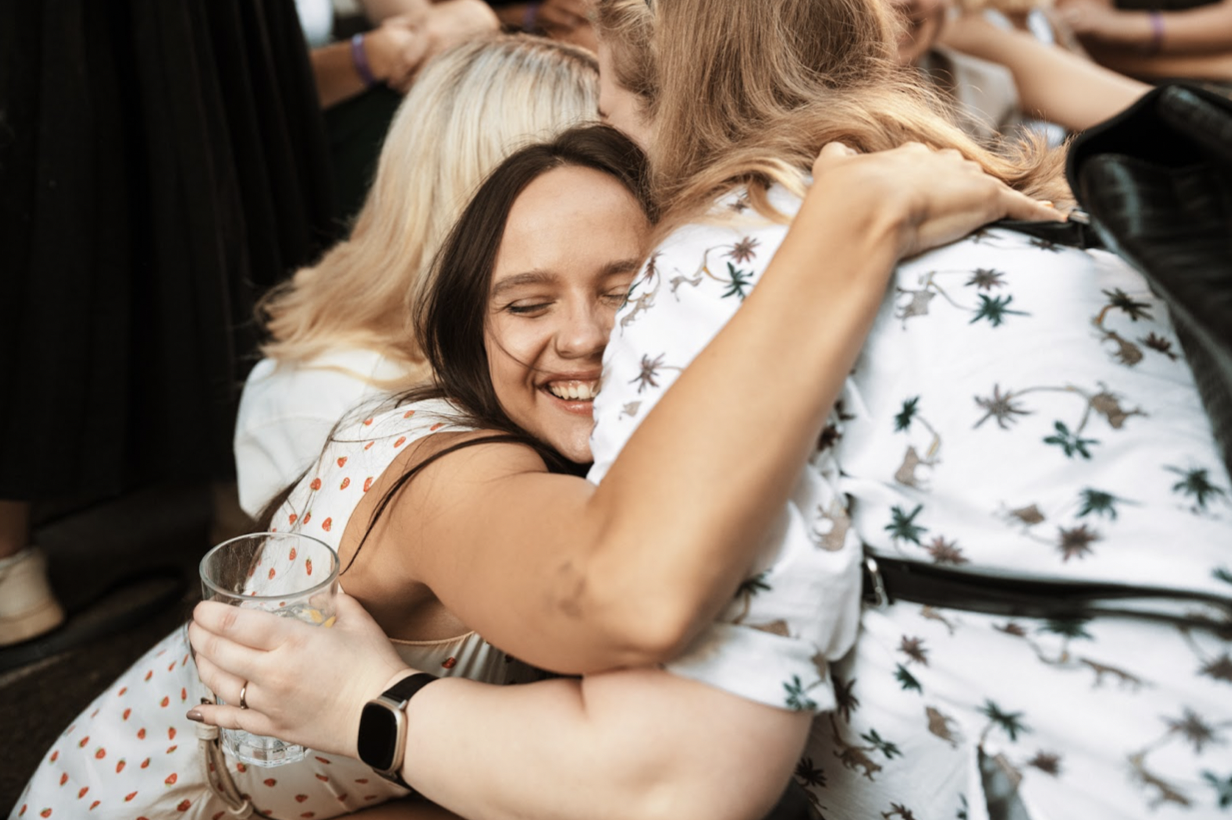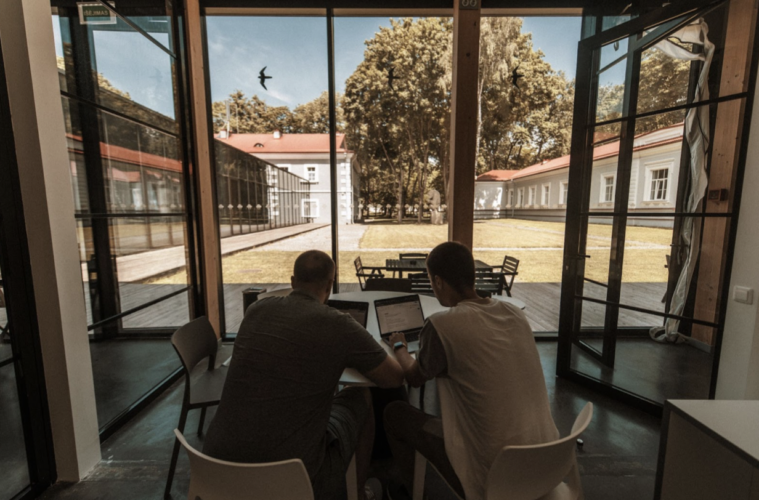The modern, highly stressful lifestyle creates new types of health problems, most of which are incredibly damaging to mental health. UAB Kilo Grupe lists 5 wellness trends that help address these issues with the help of technology and science.

So, what are the 5 health tech innovations that can ease the strain on mental health and boost physical well-being, according to UAB Kilo Grupe experts?
VR-assisted therapy
Although it’s been used in mental health treatment since the 1990s, recent advances in technology and cost reduction are making VR-assisted therapy more available to the public.
Research published in the Harvard Review of Psychiatry shows that this treatment was mainly used for anxiety disorders, such as phobias. Right now, it gets more and more scientific reasons to treat PTSD, psychosis, and even training in self-compassion, which is one of the key elements in treating depression.
Dopamine-restricted retreats
Dopamine is a chemical that our body produces to motivate us to act, move, and desire pleasurable activities such as exercise, shopping, and spending time with our family.
However, social media, fast food, and smartphones stimulate our dopaminergic system too often. We might become addicted to it, which causes unnecessary compulsions affecting our productivity and general well-being.
Unplugging from dopamine triggers for a specific period is becoming more popular. It can take the form of a social media detox or a nature retreat, typically designed to unplug and get in connection with the surroundings.
Managing your access to dopamine triggers could be another way to achieve a more significant state of mindfulness, relieve stress, lower blood pressure, and improve sleep.

Telehealth and online therapy
Following the COVID-19 pandemic restrictions, online therapy became a new normal in mental health treatments. Surveys show that clients and therapists are getting more comfortable with online treatment.
Research seems to favor using cognitive behavioral therapy (CBT) because it consistently shows positive results when performed online.
This makes therapy more accessible, affordable, and less time-consuming for people isolated physically and geographically, the elderly, and people with full-time jobs.
Psychedelics-assisted therapy
In many states, it is illegal to use psychedelics for recreational purposes. However, research on psychedelics, including MDMA, psilocybin, and LSD, shows positive results for the treatment of posttraumatic stress disorder, depression, and other conditions.
The attention to these treatment options from society and the medical community is also growing.
Although it is unlikely they will replace current mental illness treatments, with enough research, psychedelics-assisted therapies may become a helpful additional tool for therapists and doctors.
Holistic wellness
From focusing on weight and career achievements, we are shifting to appreciating overall health. We could witness it during the 2020 Tokyo Olympics when Simone Biles stood up for her mental health despite what it could mean for her career.
Together with many celebrities such as Adele, Lady Gaga, and Ryan Reynolds, who revealed their struggles with mental health, it looks like we are finally putting our psychological well-being first.
We realize that our physical body and mind are interconnected, and perfectionists, overachievers, and careerists will no longer be the epithets we are proud to call ourselves.
What trends do you think should have been included on the list?
Published by HOLR Magazine.


